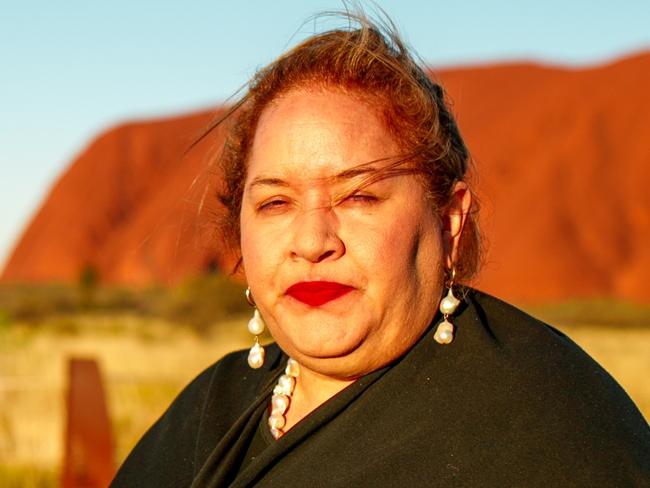Yes23 campaign tried to postpone Voice referendum but had their pleas rejected
It was clear to senior Yes23 campaigners that the Voice was in trouble by the time Anthony Albanese named the polling date in August, but the government pressed ahead regardless.
Opinion
Don't miss out on the headlines from Opinion. Followed categories will be added to My News.
Senior Yes23 campaigners tried to postpone the Voice referendum as polls pointed to a loss but the vote was pushed ahead by government figures.
The fact that the campaign was in trouble was clear to campaigners by the time Prime Minister Anthony Albanese named the polling date in August.
“There was a realisation we were in deep shit,” said a senior Yes23 campaign member.
Given the damage a failed referendum would do to relations between Indigenous and non-Indigenous Australians, it begs questions why the government pressed on with the vote knowing it was destined to fail.
Sources in the Yes23 campaign said there was discussion at board level about postponing it.
“There was a flurry of activity in July and early August but nothing came of it,” a source said.
“I think the Labor hardheads decided they had to get this out of the way.”
Yes23 campaigners say staff morale remained surprisingly buoyant in the past few weeks despite diving support in polls.

The reason is in part because they knew they were up against circumstance that were largely beyond they control.
“I think the environment wasn’t great to prosecuting a social reform,” one senior Yes23 campaigner said.
“Cost of living is higher than I’ve ever seen as an issue.”
Another said: “There was just very low awareness. People just didn’t engage. We were holding events and rallies but it was just really hard to get people to pay attention.”
This ignorance about the Voice among voters persisted despite it being the biggest political story of the year.
“Even in September we had focus groups who didn’t know anything,” the insider said.
The constant stream of polling stories saying the Voice was in trouble also hurt.
“The first thing that people were hearing about the Voice as they were tuning in was that it was in trouble. That wasn’t helpful,” they said.
In retrospect it’s clear the momentum shifted the moment it became apparent there would be no bipartisan support for constitutional change.
“When the Libs said ‘No’, that’s when it all changed.”
Insiders in the No campaign have said they planned their strategy around the expectation that by the time people went to the polls there would be detail for people to know how the Voice would work. The fact that this detail never emerged surprised them.

There has been speculation this failure was a deliberate strategy to avoid a repeat of the 1999 republic referendum where the decision to offer voters a clear model made it an easy target for opponents.
But the truth seems to be simpler – the various Indigenous stakeholders were at odds among themselves.
Early in the campaign when asked how the Voice would work, Mr Albanese would refer to the 272 page report by academics Tom Calma and Marcia Langton. But the Calma-Langton report, which was commissioned by the previous government after it had explicitly rejected enshrining the Voice in the constitution, was never supported by the Voice’s authors, particularly, insiders say, UNSW academic Megan Davis.
They attribute this hostility to the fact the Government seemed to stop talking about the Calma-Langton report as a model.
“The PM was terrified of Megan. I don’t know why,” a campaigner insider said.
Months later there is still frustration at Davis’s interventions into the debate, particularly in an op ed she penned in The Australian. At the time Government ministers were fighting back against charges from the Coalition that the Voice would not confine itself to Indigenous issues.
The piece argued it would be able to speak to a “all parts of the government, including the cabinet, ministers, public servants, and independent statutory offices and agencies” and that its remit would be far wider than the earlier narrative suggested.
Parliament, it argued, would not be able to “shut the voice up”.
“It directly fed the No campaign’s argument about uncertainty about the remit of the Voice,” a frustrated insider said. Concerns about the Voice leading to a Treaty or a case for reparations also hurt the campaign.
Got a news tip? Email weekendtele@news.com.au





